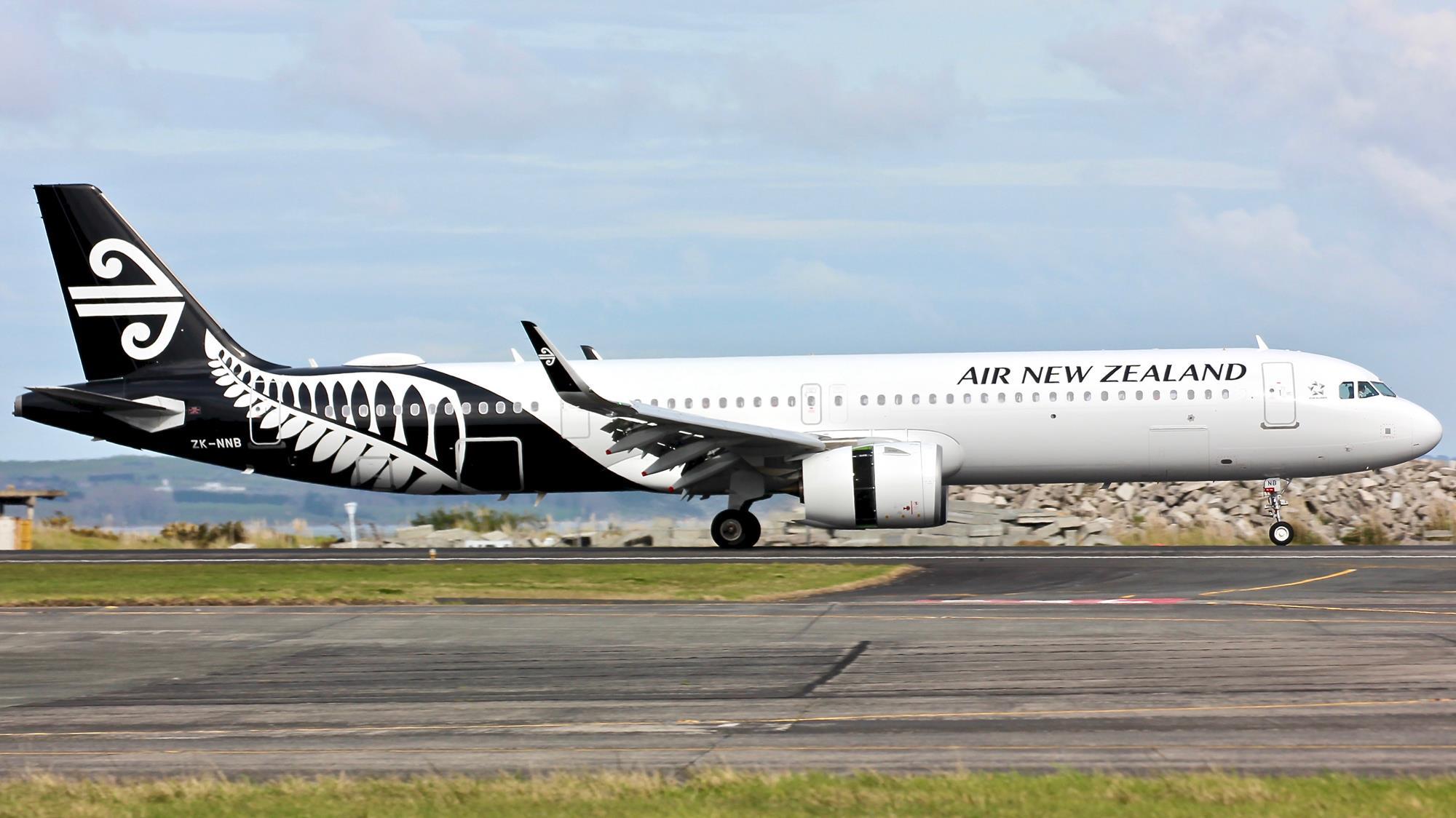Are you planning a trip to India and looking into the visa requirements? This article will give you all the information you need on Indian visas – what types are available, what are the requirements for each, and how to handle a rejection if it occurs. Read on to learn more about Indian visas and ensure your travel plans go smoothly! TYPES OF INDIAN EVISA
Introduction to Indian Visas
Whether you’re planning a trip to India for business or pleasure, you’ll need to obtain a visa before you can enter the country. Indian visas can be obtained from the Indian embassy or consulate in your home country, and there are a variety of different types of visas available depending on the purpose of your visit. In this article, we’ll give you an overview of the different types of Indian visas, as well as the requirements and process for applying for one.
There are several different types of Indian visas available, each with its own specific requirements and restrictions. The most common type of visa is the tourist visa, which allows travelers to stay in India for up to 60 days. If you’re planning on staying longer or want to visit for business purposes, you may need to apply for a different type of visa. Read on for more information about the different types of Indian visas.
Tourist Visa: A tourist visa allows travelers to stay in India for up to 60 days. There are two subtypes of tourist visas: e-visas and regular tourist visas. E-visas are available to citizens of certain countries and can be obtained entirely online; regular tourist visas must be applied for through the Indian embassy or consulate in your home country. Business Visa: A business visa allows foreign nationals to travel to India for business purposes such as attending meetings or conferences, conducting business negotiations, or establishing a new business venture. Work Visa: A work
Types of Indian Visas
There are several types of Indian visas, each with their own requirements and restrictions. The most common type of visa is the tourist visa, which allows visitors to stay in India for up to 60 days. Other types of visas include the business visa, student visa, and work visa. Each type of visa has specific requirements that must be met in order to be approved. For example, the business visa requires applicants to have a letter from their employer stating the purpose of their trip. The student visa requires proof of admission into an educational institution in India. The work visa requires a valid job offer from an Indian company. Rejections are relatively rare but can occur if an applicant does not meet the requirements for their desired visa or if they have a criminal record. INDIAN VISA REJECTED
Requirements for Applying for an Indian Visa
If you’re planning on traveling to India, you’ll need to obtain a visa before your trip. Indian visas can be obtained from the Indian consulate or embassy in your home country. The process for applying for an Indian visa varies depending on your nationality, but there are some general requirements that all applicants must meet.
To apply for an Indian visa, you will need a valid passport, two passport-sized photos, and a completed visa application form. You may also need to provide additional documents, such as proof of travel plans or proof of financial stability. Once you have all of the required documents, you can submit your application in person or by mail.
After your application is received, it will be reviewed by the consulate or embassy. If everything is in order, you should receive your visa within a few weeks. However, if there are any problems with your application, it could be rejected outright or delayed.
Some common reasons for visa rejection include providing inaccurate information on the application form, failing to meet the financial requirements, or having a criminal record. If your application is rejected, you can appeal the decision or try again next time with a corrected application.
Comparing the Different Types of Indian Visas
There are several types of visas available for those wishing to travel to India. The type of visa required depends on the purpose and duration of your stay. The most common types of visas are tourist, business, student, and work visas.
Tourist visas are valid for up to six months and allow you to engage in activities such as sightseeing, visiting relatives or friends, attending events or conferences, or undergoing medical treatment. Business visas are valid for up to one year and allow you to conduct business activities such as attending meetings or seminars, establishing business contacts, or participating in trade fairs. Student visas are valid for the duration of your studies in India and allow you to attend a recognized educational institution. Work visas are valid for up to two years and allow you to take up employment in India.
The requirements for each type of visa vary depending on your nationality, the purpose and duration of your stay, and other factors. For example, all applicants for a tourist visa must have a passport that is valid for at least six months from the date of their arrival in India. In addition, they must have a confirmed return ticket and sufficient funds to support their stay in India. Students applying for a student visa must have been accepted by a recognized educational institution in India and must also provide proof of financial support. Applicants for a work visa must have secured employment with a company in India and must also provide evidence of their qualifications and experience.


